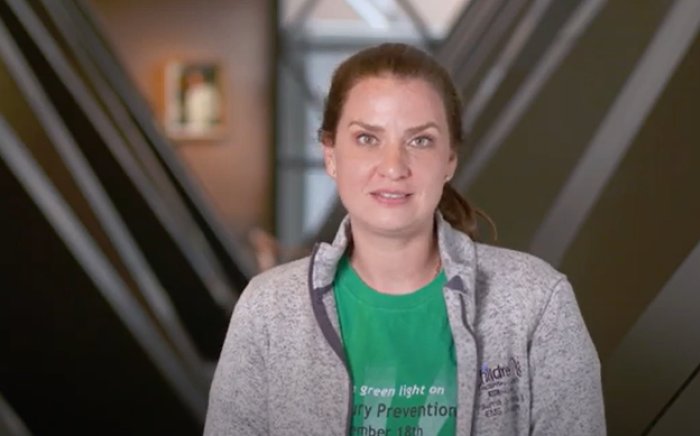What is Prader-Willi syndrome (PWS)?
Prader-Willi syndrome (PWS), on the other hand, can result when a baby inherits both copies of a section of chromosome #15 from the mother. As with Angelman syndrome, PWS can also occur even if chromosome #15 is inherited normally. If that section of the father's chromosome #15 is deleted, only the mother's section will be present, allowing PWS symptoms to occur. This latter development happens in 60 to 70 percent of PWS cases.
Babies born with PWS have poor muscle tone and a weak cry. They initially are slow feeders and appear undernourished. The feeding problems improve after infancy and, typically between 2 to 4 years of age, the child becomes obsessed with food and is unable to control their appetite. The overeating often results in rapid weight gain and obesity. Individuals with PWS have short stature, small hands and feet, and mental retardation.
For more information or to schedule an appointment, call 314.454.5437 or 800.678.5437 or email us.












